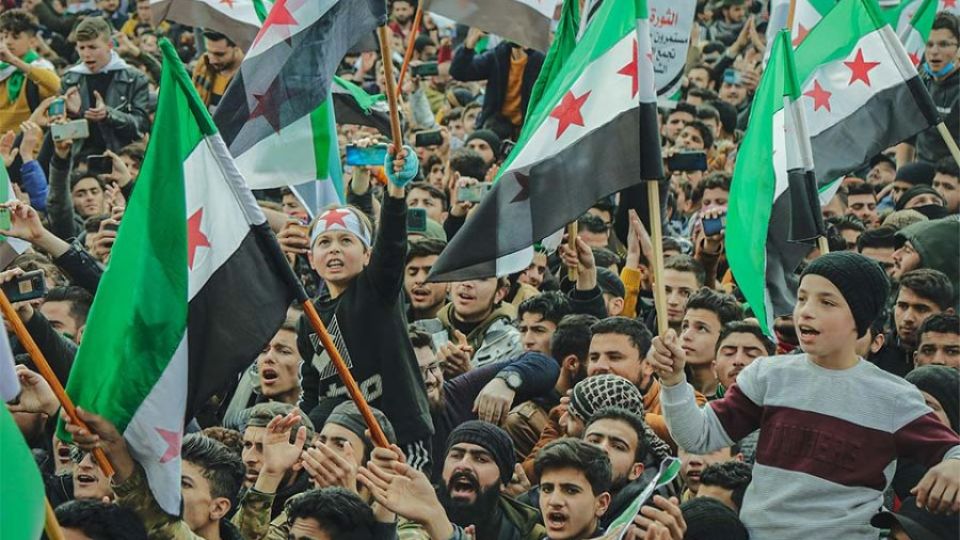December 12, 2024
JAKARTA – The Indonesian proverb “lepas mulut harimau, masuk mulut buaya” (literally, out of a tiger’s mouth, into a crocodile’s mouth) or its English equivalent “out of the frying pan into the fire” will very likely apply to the 25 million people of Syria, after the rebels forced president Bashar al-Assad to flee on Dec. 8. The world, including Indonesia, must help the Syrians not to fall into this trap.
For 53 years, Bashar al-Assad and his father Hafez ruled Syria with an iron fist, devastated the economy, slaughtered millions of innocents and let outsiders interfere in Syria’s internal affairs because it was the easiest way for the ruthless dynasty to maintain power. Indonesia also had a bitter experience with dictatorship, but the nation got back on its own feet.
Indonesia cannot participate in the economic domain, but we have enormous soft potential to contribute meaningfully to the failed state. The rich Arab countries, the European Union, the United States, and multilateral organizations, and other industrialized nations have the resources to help rebuild Syria’s economy.
Democracy is Indonesia’s most substantial offer. A contribution that no Arab country is likely to be able to provide, as shown by the results of the failed “Arab Spring”.
Indonesia, the world’s most populous Muslim nation but not an Islamic state, has proved that Islam is compatible with democracy, including its most modern form. Despite its shortcomings, Indonesia is now the world’s third-largest democracy after India and the US.
There are views that Indonesia’s transition from a dictatorship to a fully fledged democracy is not a model for the countries of the Arab Spring, including Tunisia and Egypt, because although there are similarities, there are also huge differences.
One of Indonesia’s most evident factors is the determination to choose a de-facto secular system since independence. Islamist parties almost never dominate domestic politics, as nationalist and secular parties have won nearly all elections, both rigged and genuine ones.
From time to time there are attempts by small, but often noisy and sometimes violent, Islamist organizations, to turn Indonesia into an Islamic nation, but they have never received any significant support. This is very different from the situation faced by Arab nations.
We call on President Prabowo Subianto to organize a special team led by Foreign Minister Sugiono to prepare a mission involving multiple parties, including civil society organizations. It may be a nearly impossible mission because the situation in Syria is so complex that it could need decades for recovery.
But Indonesia also has good experience in democratic diplomacy, including promoting the role of women in the development of Afghanistan, although this collapsed after the Taliban took over that government in 2021. In the last 10 years, the Foreign Ministry, under the leadership of Retno LP Marsudi, was quite active in the soft-power mission to Islamic nations.
We do not preach but share our experience and invite them to Indonesia to interact with grassroots organizations, including Nahdlatul Ulama and Muhammadiyah. It is up to them to decide, but at least they see good examples of democracy from Indonesian Muslims.
A people power movement forced Soeharto to end his 32-year dictatorship in May 1998. Just a year later, the nation held an internationally recognized general election.
Since 2004, Indonesia has held five direct presidential elections, a popular-based vote, without any meaningful problems. Since 2005, the country has adopted direct regional head elections at all levels.
Soeharto brought its economy to the brink, and Indonesia became indebted to the International Monetary Fund (IMF) in 1997. However, it was able to pay off all of its loans to the global agency in 2006.
Look at Syria now. According to the United Nations Population Agency (UNPA), 16.7 million people need humanitarian assistance, the highest number since the civil war erupted in 2011. Meanwhile, more than 6 million Syrian refugees remain displaced in neighboring countries.
Indonesia should play its role in helping the Syrians to fully regain their rights, including democracy. This is a good opportunity for President Prabowo to help the Syrians


